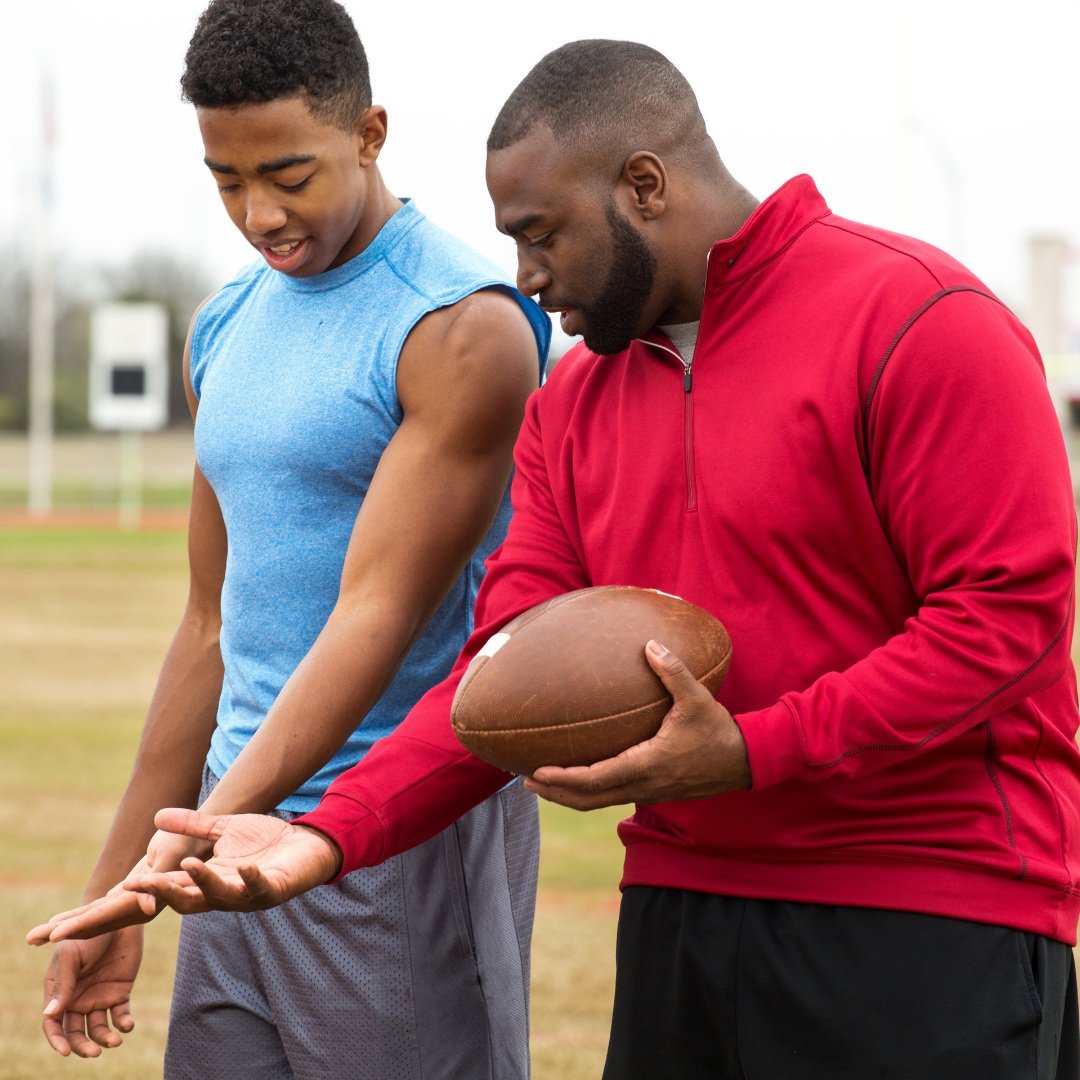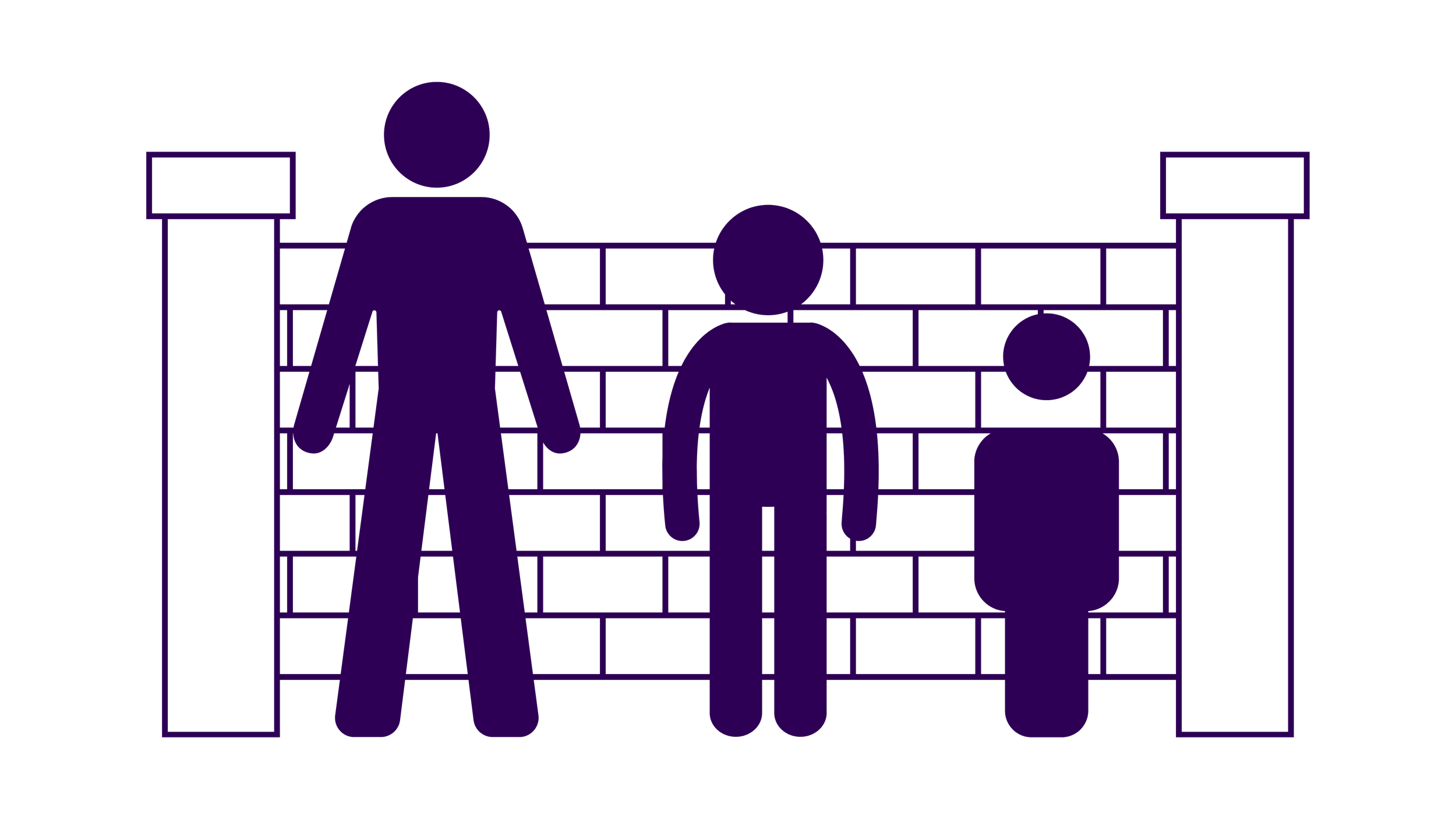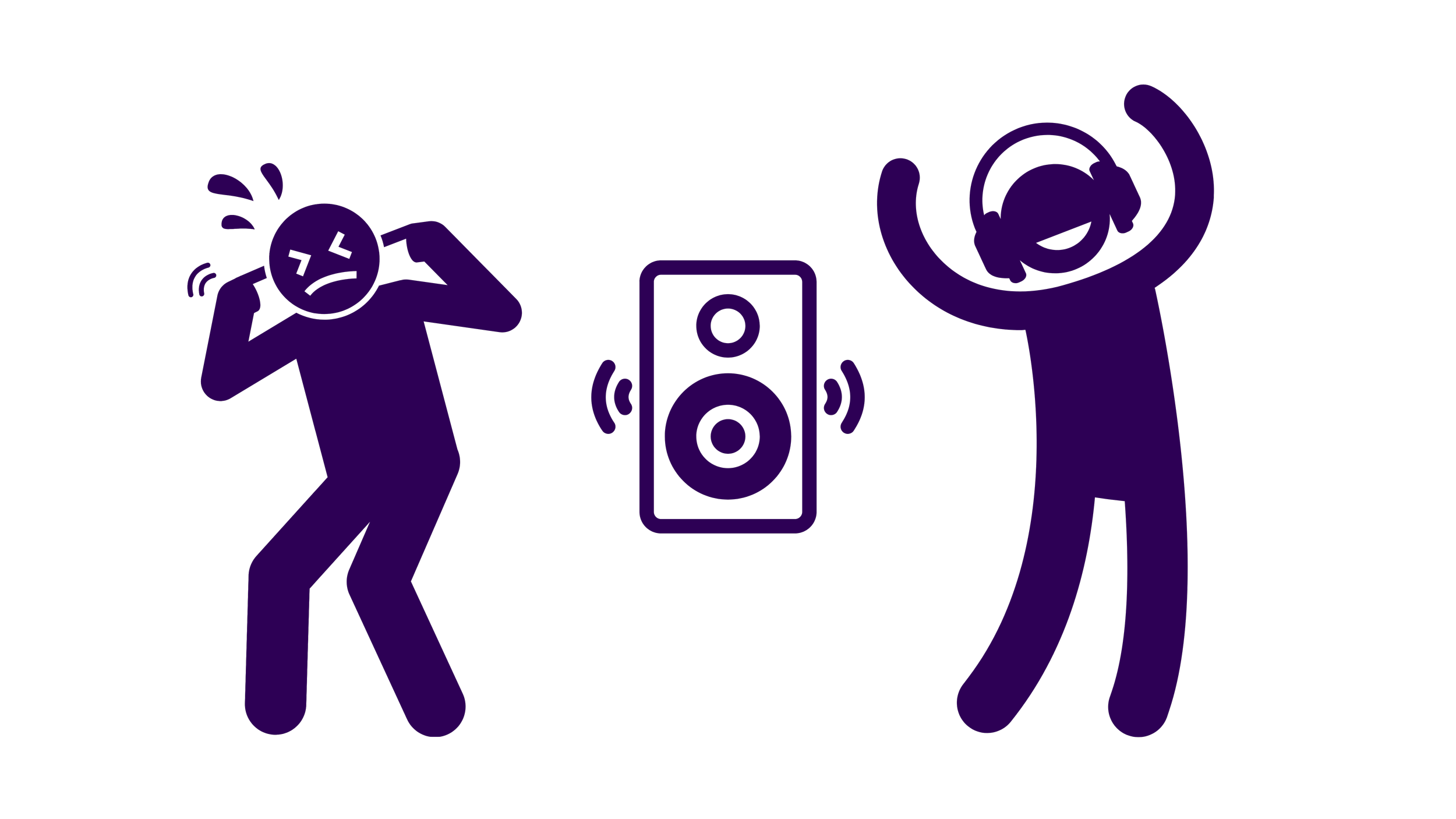
COACHES AND STAFF
Coaching Neurodivergent Athletes
Neurodiversity is an emerging topic, yet neurodivergence has always been a part of our world. Our understanding of its prevalence and its connection to our daily lives is just beginning to evolve. Whether you're coaching in mainstream, disability, or intellectual impairment sports, grassroots initiatives, inclusion programmes, or at a professional level, you will encounter neurodivergence within your group. While some differences may be apparent, others may not be. When left unsupported, these differences can manifest as emotional or behavioural challenges. Therefore, designing your coaching programme to be universally inclusive of all neurotypes will help ensure that every participant receives the support they need to thrive.
Neurodiversity and Double Empathy
The double empathy problem describes how misunderstandings between neurodivergent and neurotypical people occur because each interprets and experiences communication differently… As a coach, you might assume that all athletes understand feedback in the same way, while in actuality neurodivergent athletes will interpret instructions uniquely based on their needs. To bridge this gap, it’s essential to first learn about neurodiversity and the distinct traits associated with different conditions, recognising that neurodivergent athletes may think, process information, and respond differently from neurotypical athletes. By deepening your understanding of neurodivergent experiences, encouraging open communication, and adapting your coaching methods, you can help both yourself and your athletes feel understood and respected, reducing misinterpretations and fostering a more supportive environment.
Equality
Equality is the principle of treating everyone in the same way by providing identical resources, opportunities, and support, regardless of individual differences. The goal of equality is to ensure that everyone receives the same treatment, often based on the assumption that this will lead to fair outcomes.
However, equality doesn’t account for people’s unique needs, strengths, or challenges, which means that identical treatment may not always lead to equal outcomes. While equality aims to be fair by being consistent, it sometimes falls short in achieving fairness, especially in diverse groups where individuals require different forms of support to reach their potential.
Equity
Equity is the practice of providing individuals with the specific resources, support, and opportunities they need to achieve fair outcomes, rather than treating everyone identically. Unlike equality, which gives the same resources to everyone, equity recognises that people have different needs, backgrounds, and starting points.
In an equitable approach, resources and support are tailored to address these differences, aiming to level the playing field so everyone has an equal chance to succeed. Equity is about fairness by acknowledging and addressing unique needs, strengths, and challenges, ultimately creating a more inclusive and supportive environment.
Why It Matters in Coaching
Equality means treating all athletes the same, giving them identical training, feedback, and resources. This approach aims for fairness by providing everyone with equal opportunities. However, equality doesn’t account for differences in skill, learning style, or physical needs.
Equity, by contrast, focuses on meeting each athlete’s specific needs, adjusting support based on individual strengths, challenges, and goals. This might mean modifying drills, providing extra guidance, or tailoring feedback to each athlete’s learning style. By using an equity approach, coaches create an environment where all athletes have a fair chance to succeed, recognising that personalised support leads to better outcomes.
The Reward
Coaching neurodivergent athletes can be an extremely rewarding experience, but it requires understanding, flexibility, and an inclusive approach. Each neurodivergent individual may have different needs, depending on their unique traits (how conditions such as autism, ADHD, dyslexia, or dyspraxia manifest), and the best coaching strategies will focus on adopting a strengths-based lens and embracing these differences to ensure every participant is able to thrive and every athletes is able to reach their full potential.
Our top tips
Top Tips for Neuroinclusive Coaching
-
Neurodivergent athletes may have different communication preferences and challenges. It’s essential to adapt your communication style to meet their needs.
Use simple, clear instructions: Avoid complex or ambiguous language. Break down instructions into smaller, more manageable steps.
Utilise visual aids: Many neurodivergent individuals respond well to visual cues. Use diagrams, demonstrations, or visual schedules to communicate training routines or techniques.
Allow processing time: Some neurodivergent athletes might need extra time to process instructions. Be patient and avoid rushing them.
Check for understanding: After explaining a task, ask the athlete to repeat it back to ensure they’ve understood correctly, rather than just asking, “Do you understand?”
-
Flexibility is key when working with neurodivergent athletes, as they may have varying needs from day to day. Consider:
Structured but adaptable routines: Many neurodivergent individuals thrive with routines, so try to keep training sessions predictable. However, be ready to adjust the pace or format if needed.
Shorter, focused training sessions: Some neurodivergent athletes, especially those with traits of ADHD, may struggle to focus for long periods of time. Breaking training into shorter, focused sessions can help.
Tailored approaches: Work with athletes individually to understand what motivates them and what types of drills or routines work best for them. Tailor their training accordingly.
-
Many neurodivergent individuals have heightened sensitivity to sensory stimuli (e.g., noise, light, textures), which can negatively impact performance and enjoyment.
Minimise distractions: Reduce unnecessary background noise or visual distractions where possible.
Provide quiet spaces: If an athlete becomes overwhelmed, having a quiet, designated space where they can take a break can be helpful.
Be mindful of sensory triggers: Identify potential sensory triggers, such as loud whistles or bright lights, and find alternatives if these impact your athlete’s performance or comfort.
-
Every athlete has unique strengths, and this is particularly true for neurodivergent individuals. Rather than focusing on their challenges, emphasise what they excel at.
Celebrate small wins: Recognise and celebrate achievements, no matter how small. Positive reinforcement helps build confidence.
Encourage strengths: If an athlete is particularly good at one aspect of the sport (e.g., tactics, strategy, endurance), focus on these strengths while gradually helping them improve in other areas.
-
Under the Equality Act 2010 (in the UK) or similar laws in other countries, neurodivergent athletes are entitled to reasonable adjustments to ensure they are not disadvantaged. These adjustments might include:
Alternative learning methods: Using videos, visual cues, or hands-on demonstrations if verbal instructions are difficult to follow.
Flexible participation: Allow for adjustments in the way athletes participate in drills or competitions. For example, allowing extra time for tasks, adjusting team drills to fit their pace, or modifying competition formats to reduce anxiety.
Sensory aids: Allow athletes to use noise-cancelling headphones or sunglasses if they are sensitive to loud noises or bright lights.
-
Coaches play a key role in ensuring that the sporting environment is inclusive and supportive for all athletes, including neurodivergent individuals.
Educate the team: If possible, educate the rest of the team about neurodiversity to foster understanding and acceptance. This can help prevent misunderstandings or exclusion.
Zero tolerance for bullying: Ensure that any form of bullying or teasing, particularly regarding someone’s neurodivergent traits, is not tolerated.
Promote teamwork: Create a team culture where everyone’s strengths are recognised and where diversity is embraced.
-
Help neurodivergent athletes develop the confidence to advocate for themselves by creating an open and supportive environment.
Invite feedback: Regularly ask your athlete how they feel about their training. Are there aspects they find overwhelming or confusing? What’s working well for them?
Teach self-regulation: Encourage athletes to recognise when they might need a break or adjustment and to communicate that to you. Empower them to take control of their training experience.
-
Neurodivergent athletes may take a little longer to adapt to certain coaching methods or routines, or they might need more support at times.
Stay positive and patient: Be understanding of their challenges, and focus on providing encouragement rather than criticism.
Don’t push too hard: Recognise when an athlete is becoming overwhelmed or anxious, and be willing to adjust your approach or give them a break when needed.
Less is more: Neurodivergent athletes may already push beyond safe limits due to interoception difficulties, communication challenges, and hyperfocus. Extra motivation is rarely needed.
-
As a coach, you don’t have to navigate everything alone. There are resources and organisations that provide advice and support for coaching neurodivergent athletes.
Work with specialists: Collaborate with sports psychologists, occupational therapists, or other professionals who specialise in working with neurodivergent individuals to develop strategies that best support your athletes.
Work closely with the athlete’s support network: foster open communication with the athlete’s support team to understand and address their specific needs. Athletes may already know the support they require but may find it challenging to express this, so their network can often help convey these needs more effectively.
Network with other coaches: Connect with other coaches who have experience working with neurodivergent athletes to share tips and best practices.
Did you know?
Many of the World’s Best Athletes are Neurodivergent
Many world-class athletes such as Simone Biles, Michael Phelps, Lewis Hamilton, Tom Stoltman, and Tully Kearny (photo above) have openly discussed their neurodivergent diagnoses, recognising both the challenges they’ve faced and the advantages their unique ways of processing and problem-solving have brought to their performance. By breaking down stereotypes, they demonstrate that neurodivergence can be a significant asset. Olympians, Paralympians, and champions across all sports have excelled in part due to traits associated with ADHD, autism, and other neurodivergent profiles. Their journeys should not only inspire but also highlight the value of inclusive coaching and support systems that embrace individual strengths. For more insights into neurodivergence and effective support strategies, explore our resources below or visit our dedicated resources page.





